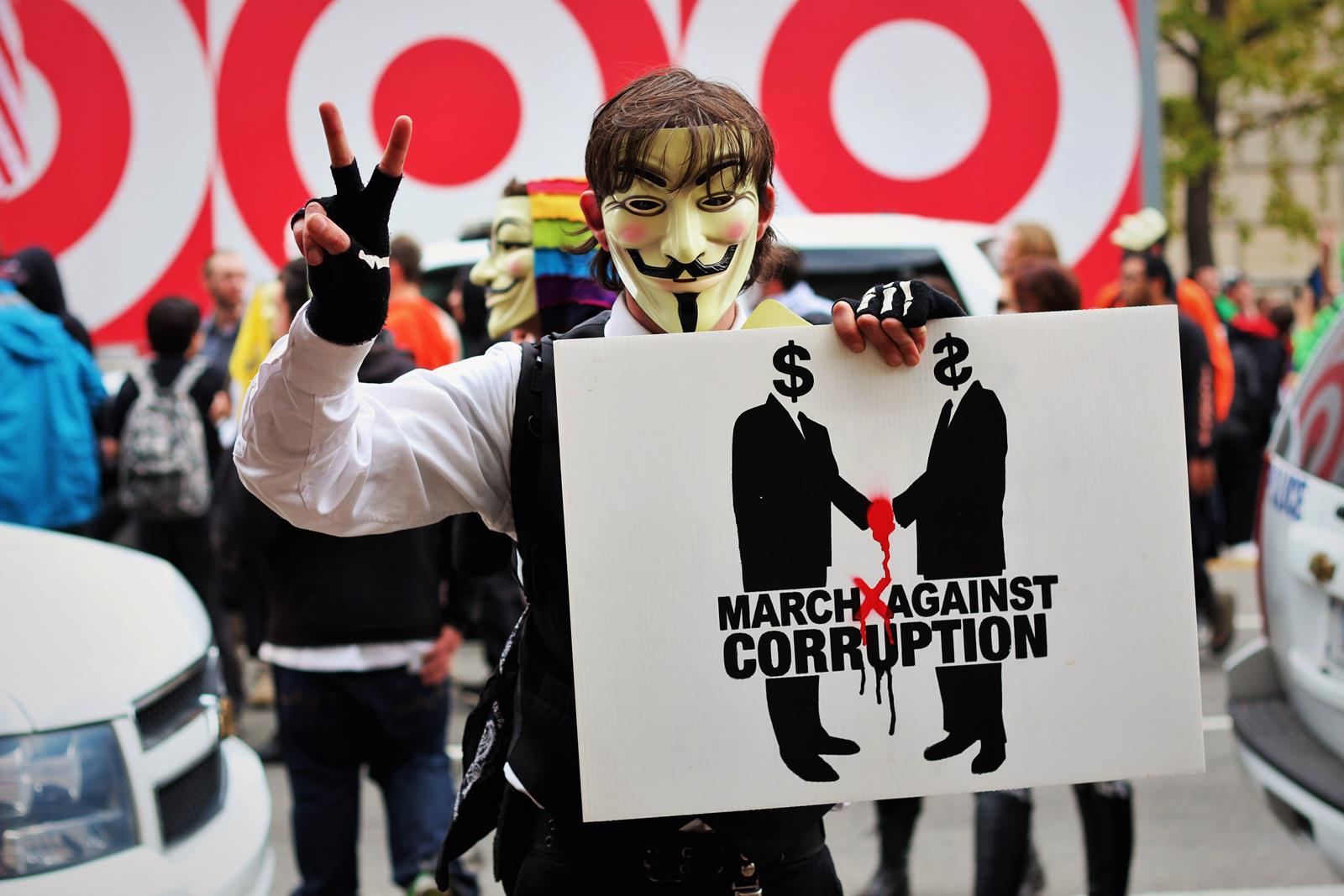
Politics is a well known game, which is widely played throughout the world. It is usually played between the major political party leaders as well as between independent candidates running for elective posts. Politics is a known game, which has been played by the leaders of numerous countries since ancient times. Politics is an established legal profession field encompassing the intersections of law and politics. The popularity of Politics as a popular game among the people cannot be denied in any field or industry, which is governed by a specific constitution and legal tradition. The game of Politics is widely played all over the world, in both the academic and professional spheres of life.
Politics, being a game, can be divided into local, national and even global level of political parties. In the United States of America, the game of Politics has been broadly spread across the states and divided into three major parties. The Democrats are recognized to have held political power for a long period of time. Ever since the victory of the Democrats in the Presidential election in November 2021, there has been rampant inflation, growing joblessness and poverty in the United States of America. Many leading economists have blamed this trend on the prolonged and uninterrupted policies of the present government, which has not been able to manage any of its fiscal problems and runaway inflation, which have crippled the economic policy of the country to a great extent.
Politics has become a mandatory aspect of a civil society, which has been widely played out in the state assemblies, municipal governments, municipal planning commissions, county courts, district courts, and at the national level. Any form of political activity has an end and that is the termination of its objective. Politics has been transformed by the people through participation in the political elections as a way of enjoying the full enjoyment of their civil right to participate in public service. They have taken an active part in politics forming various political parties and later becoming a part of the legislature.
Politics has played a vital role in developing the framework of laws in the country. Politics has developed into one of the major engines of legislation. All legislations are passed through the house of representatives and later to the Senate, which is again passed through the different houses of the legislature before becoming a law. Politics plays an important role in the formulation and implementation of legislation in the country.
Politics has played a vital role in ensuring that the US Constitution is enforced to its last word. The supreme court has interpreted and implemented the US Constitution as well as delivering crucial judgments based on the US judicial system. Without the intervention of politics, the enforcement of the Constitution would not be possible, as no political party would be willing to take on the role of protecting the Constitution and guaranteeing that it is enforced uniformly. Without the interference of politics, no amendments or modifications can be made to the Constitution and the checks and balances that are inherent in the legislative process cannot be exercised. Without the interference of politics, no change can be made to the substantive legislation in the House and the Senate, which are empowered with the power to pass bills and legislation impeaching the President of the United States.
Politics also determines the number and types of laws that are passed in a given session of both the Houses of Congress and the Senate. Legislation is passed by the House and Senate together and then sent to the president for signing. Lawmakers consider such action as a form of consent for the legislation to be passed. When enough members of both the Houses of Congress agree on a piece of legislation, it is then sent to the president for his signature. Presidents typically sign the bills into law in the Oval Office. Signing the bills into law involves the president publicly taking responsibility for the laws passed.
Polls conducted by independent organizations reveal that most American citizens believe that elected politicians are elected according to their party identification and never according to their honest performance as they have promised. Elected leaders, both national and municipal, and members of the legislature, do not enjoy strong support from the American people. Elected political parties have failed to deliver on their promises to the American people and some blame the failure on the fact that there are no check and balance measures in place because of the lack of political parties in America. However, these same individuals claim that if they were in office, they would bring about change.
Parliafore, as in the United States, the executive and legislative branch each controls a representative of the legislature through their party list that is distributed to voters during each election. The system of direct democracy in Britain has allowed an opposition party to gain a foothold in the lower house of the parliament and continue to hold the balance of power until new elections are held at the next general election when the governing party may not still be in control of the governing body. In some instances, for instance, in Scotland, an opposition party has been able to form a government out of a majority of seats after an election that was largely expected to go for the ruling party. This same scenario may occur in the United States, but it would probably be a longer and more drawn out process than it would be in Canada.